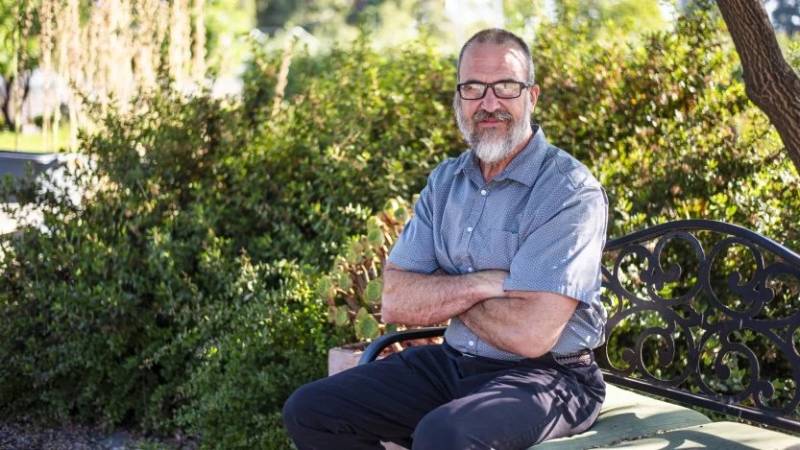Bill Blanken, a chemistry professor at Reedley College, said a new diversity and equity policy in California’s community colleges amounts to a “loyalty oath” and “compelled speech” that runs afoul of free speech and academic freedom.
Blanken, along with five other tenured professors in State Center Community College District, are challenging new California Community College diversity policies that change the way employees are evaluated. A lawsuit, filed in August, describes the plaintiffs as critics of anti-racism and diversity, equity, inclusion and accessibility (DEIA) principles who are concerned that these stances could result in negative performance evaluations or even losing their jobs.
“We need legal protection,” Blanken said in an interview with EdSource on Oct. 12.
Last year, the Board of Governors for the California Community Colleges adopted new regulations requiring local districts to evaluate employees, including faculty, on their competency in working with a diverse student population. Local districts were required to be in compliance last month.
Blanken disagrees with the DEIA policy’s premise that racism is embedded in institutions, including California’s community colleges, or in disciplines such as chemistry, math and physics. He argues that these fields should be taught in a way that is race- and gender-neutral. That is at the crux of the lawsuit by the six plaintiffs.
